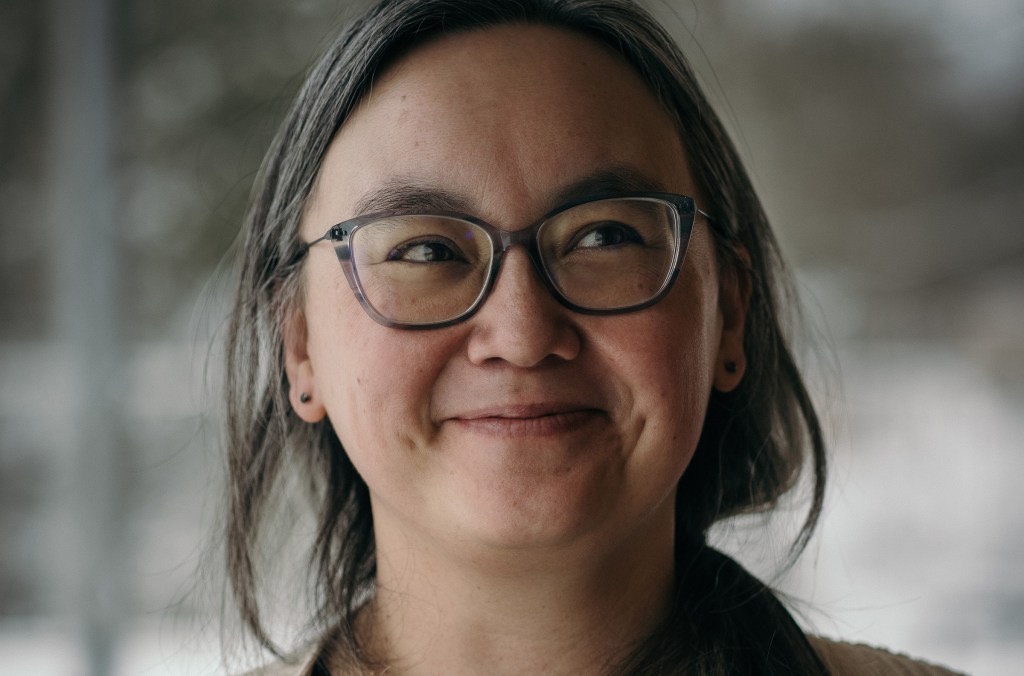In August 2025, Nairobi will host Wikimania, the annual global gathering of Wikimedia volunteers, developers, and knowledge advocates. It’s the first time this flagship event lands in East Africa, a region increasingly central to Wikipedia evolution. With a mobile-first population, growing tech talent, and vibrant language diversity, Africa is shaping how the world’s largest free knowledge platform grows. We sat down with Selena Deckelmann, Chief Product & Technology Officer at the Wikimedia Foundation, to talk about how Wikipedia is evolving for African users, the role of local contributors in global innovation, and why human-centered, open-source development is critical in an AI-driven world.

Wikimania 2025 is coming to Nairobi. How is Wikipedia’s technology evolving to better serve African users, especially those on mobile and low-bandwidth connections?
Africa is one of Wikipedia’s most important growth regions, driven by a young, multilingual, mobile-first population. We’ve seen tremendous growth in people accessing and contributing to Wikipedia through mobile devices often in their local languages.
To meet this demand, we’re continually improving our mobile web experience and enhancing Wikipedia apps on Android and iOS. For example, our Android app uses around 33% less storage than many similar apps, and includes features like offline reading lists so users can save articles without needing data. We’ve also introduced dark mode, which saves power especially important in regions where battery life matters.
We’re equally focused on low-bandwidth accessibility. Our mobile site is designed to minimize data usage by skipping unnecessary image downloads. And we work with partners like Kiwix, an open-source tool that allows full offline access to Wikipedia. Across Africa, communities are leading trainings, mentorships, and webinars to help people use these tools in schools, libraries, and remote areas.
Absolutely. African volunteers are not just adding content, they’re deeply involved in shaping Wikipedia’s technology.
A great example is Wiki Mentor Africa, a regional initiative building technical capacity across the continent. One of our mentors from Cameroon, for instance, has trained over 1,000 contributors in Wikimedia tech, helped develop tools, and serves on our Product and Tech Advisory Committee, making sure Africa’s voice is part of our global strategy.
In Nigeria, a longtime volunteer has made over 900 improvements to MediaWiki, the software that powers Wikipedia. He’s fixed bugs, enhanced security, and supported both the English and Hausa Wikipedias with templates, policies, and new articles. He now serves as an admin on Hausa Wikipedia, helping build a more robust and locally relevant knowledge base.
These contributions aren’t isolated, they reflect a larger, growing movement across Africa to shape how Wikimedia works, from the code to the content.
Wikimedia has long embraced open-source and community-led development. Why is that approach so vital to inclusive technology?
Our vision is a world where everyone can freely access and contribute to the sum of all knowledge. That kind of inclusivity can only happen if the technology is open, transparent, and built with, not just for communities.
Open-source development means that anyone, anywhere, can participate. At the Wikimedia Foundation, we fund and mentor developers from underrepresented groups, and we design features using an equity-based framework. For example, our recent desktop redesign made Wikipedia easier to navigate for newcomers, especially in low-resource settings.
When you build with the community, the result is more culturally relevant, accessible, and sustainable technology — and that’s the only way to truly reflect the diversity of our world.
As AI becomes more integrated into digital platforms, what role will Wikipedia play in ensuring access to trustworthy, community-driven knowledge?
We’re living in an era where AI can generate vast amounts of content — but not all of it is accurate or trustworthy. That’s where Wikipedia stands apart.
Wikipedia is built by humans. Volunteers write, review, and fact-check every article based on verifiable sources. There’s complete transparency about where each fact comes from. You can see the references, the edit history, and the discussions behind every change.
With AI-generated content, sources are often hidden or unclear. Wikipedia offers an alternative: transparent, consensus-driven knowledge that reflects diverse perspectives. Research shows this kind of model actually produces higher-quality content.
Plus, with Wikipedia available in over 300 languages many of them maintained by native speakers our content serves as a rare multilingual resource that can inform and shape more inclusive AI systems.
How does Wikimedia balance innovation with accessibility to ensure users across diverse languages, regions, and abilities can participate equally?
We believe accessibility drives innovation, not the other way around.
Today, only around 5.5% of high-quality Wikipedia articles are about Africa. That’s not nearly enough. But the gap is narrowing: in June 2025, 10% of all newly created geo-tagged articles were about Africa.
We’re closing this gap through tools and partnerships:
- Our MinT content translation tool has helped over 128,000 users translate 2.4 million articles. In West Africa alone, usage grew from 18,000 translated articles in 2021 to 94,000 in 2024.
- Through our partnership with AfLIA, Africa’s library association, over 800 librarians participated in African Librarians Week, adding citations and expanding Wikipedia’s coverage of African history and culture.
- We also fund initiatives like Open Restitution Africa, a pan-African, women-led project that increases access to information about African cultural heritage and restitution efforts.
These efforts are about more than adding content they’re about empowering people to see themselves and their communities reflected in the world’s largest free knowledge resource.






